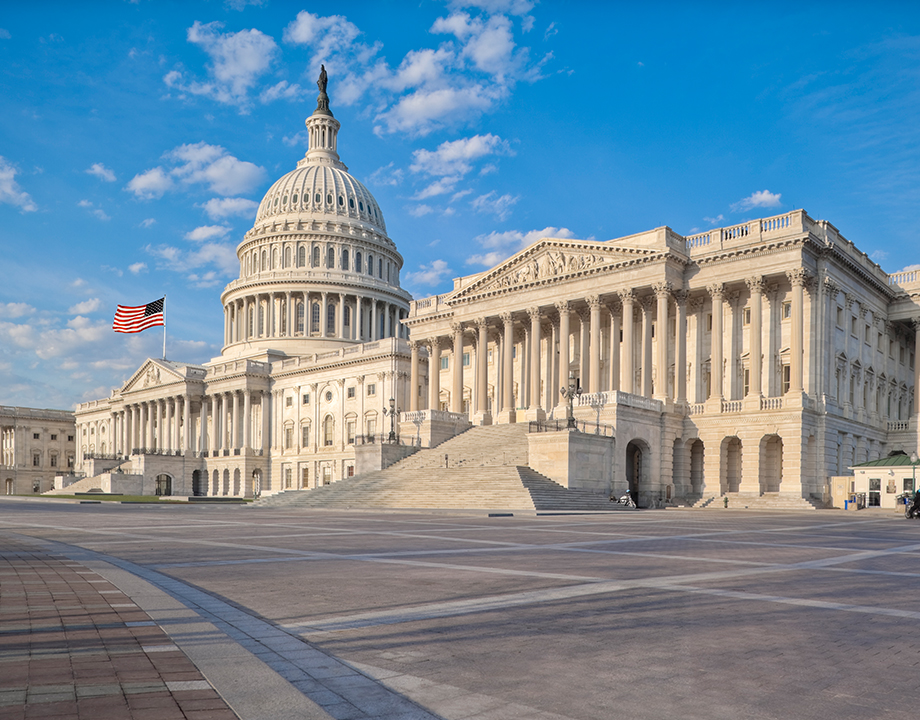The Universal Service Fund (USF) has helped millions of families, community anchor institutions, and small businesses connect to voice and broadband services for several decades, but it is in crisis.
The FCC must act soon to stabilize it by addressing the high contribution factor that has reached 36.3% for Q1 2025, which telecom customers ultimately pay as an additional fee on their monthly telecom bills in order to finance the USF. INCOMPAS opposes assessing edge providers. Arguments to do so are rife with problems, would result in significant delay of reform, expand government regulation, and would be challenging to implement without unfairly skewing online competition.
As demonstrated in the Analysys Mason report, tech and streaming innovators invest over $120 billion annually in internet infrastructure locally and globally. These investments save BIAS providers $5 billion to $6.4 billion annually. INCOMPAS will continue to work with Congress’ bipartisan, bicameral USF Working Group to put the USF on a sustainable path forward through appropriations or by expanding the base to include BIAS revenues.
It is key for the FCC to consider the billions of dollars that Congress has provided through the Infrastructure Investment and Jobs Act for broadband deployment and affordability and find savings in the USF programs. INCOMPAS also has proposed reasonable changes to USF distributions, including the High-Cost program, that would phase out some support mechanisms that are no longer needed.


